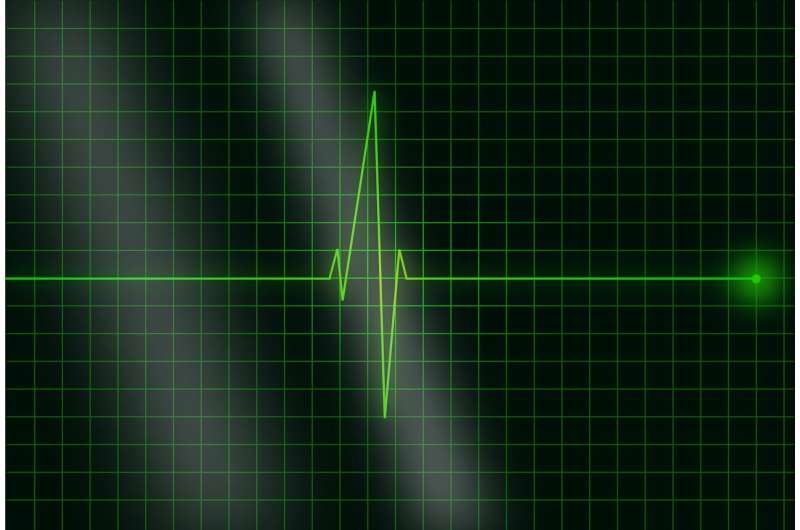Mental illness plays havoc with the mind as well as the heart

University of South Australia scientists have uncovered another reason why society should be paying more attention to mental health: it is closely aligned to blood pressure and heart rate variations.
A new study published in BioMedical Engineering draws a link between mental illness and widely fluctuating blood pressure, which can lead to cardiovascular disease and organ damage.
UniSA researcher Dr. Renly Lim and colleagues from Malaysian universities say there is clear evidence that mental illness interferes with the body's autonomic functions, including blood pressure, heart rate, temperature and breathing.
"We reviewed 12 studies on people with anxiety, depression and panic disorders and found that, regardless of age, mental illness is significantly associated with greater blood pressure variations during the day," Dr. Lim says.
"We also found that for people who are mentally ill, their heart rate does not adapt to external stressors as it should.
"Contrary to what many people think, a healthy heart is not one that beats like a metronome. Instead, it should adjust to withstand environmental and psychological challenges. A constantly changing heart rate is actually a sign of good health."
Reduced heart rate variation (HRV) is common in people with mental illness and indicates that the body's stress response is poor, exacerbating the negative effects of chronic stress.
Unlike a person's heart rate—how many times a heart beats in a minute—which is usually consistent, HRV is more complex and is the time between two heartbeats, which should change according to external stressors.
"What we aim for is not a constantly changing heart rate but a high heart rate variation. This is achieved through a healthy diet, exercise, low stress and good mental health."
Low HRV occurs when a person's body is in fight-or-flight mode, easily stressed and common in people with chronic diseases, including cardiovascular and mental health problems.
While large blood pressure variations (BPV) during the day are not ideal, at night the systolic pressure should dip by between 10-20 percent to allow the heart to rest. The researchers found that in people with mental health issues, their blood pressure does not drop sufficiently at night.
The reduced dipping—under 10 percent—can be caused by many factors, including autonomic dysfunction, poor quality of sleep and disrupted circadian rhythms that regulate the sleep-wake cycle.
"The takeout from this study is that we need to pay more attention to the physical impacts of mental illness," Dr. Lim says.
"It is a major global burden, affecting between 11-18 percent (one billion) of people worldwide. Since mental illness can contribute to the deterioration of heart and blood pressure regulation, early therapeutic intervention is essential."
"Association between mental illness and blood pressure variability: a systematic review" is published in BioMedical Engineering OnLine.
More information: Nur Husna Shahimi et al, Association between mental illness and blood pressure variability: a systematic review, BioMedical Engineering OnLine (2022). DOI: 10.1186/s12938-022-00985-w




















